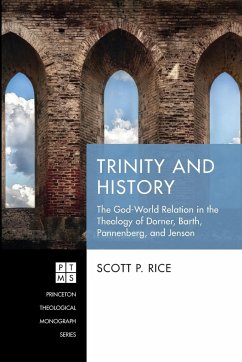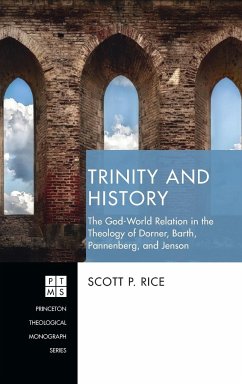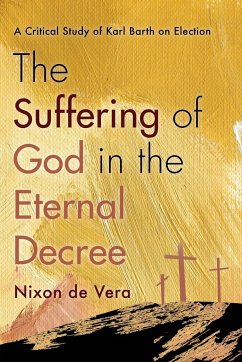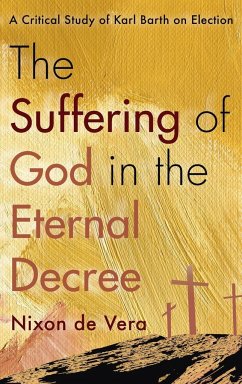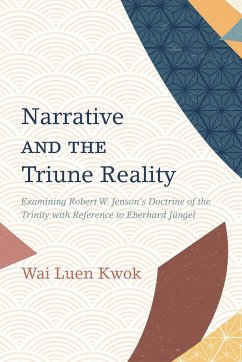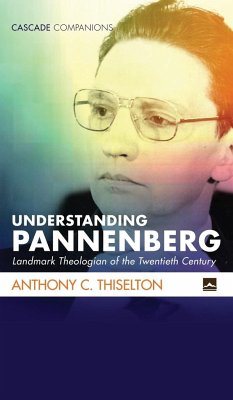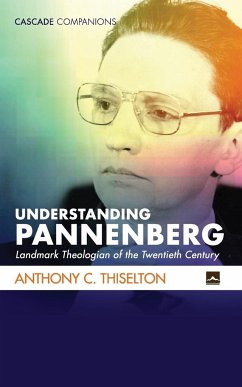How does God relate to the world? What difference does our understanding of God make for conceiving of God's relation to us? Christian theology has seen a flourishing of activity in response to these questions under a common doctrinal theme: Trinity. That said, proposals for understanding how God relates to the world through the Trinity of God's being--otherwise known as the relationship between the immanent and the economic Trinity--vary significantly. This book, reflecting on the work of four modern theologians--Dorner, Barth, Pannenberg, and Jenson--offers a set of constructive proposals on key issues relating to the God-world relation, including a way to understand divine immutability without denying God's living history with others and a trinitarian notion of divine sovereignty that demonstrates how God transcends history from within the structures of time. At each step along the way the author conveys how Trinity opens up a richer, more expansive conception of God's relation to us. This book shows how Trinity serves the practical work of theology as faith seeking understanding.
Hinweis: Dieser Artikel kann nur an eine deutsche Lieferadresse ausgeliefert werden.
Hinweis: Dieser Artikel kann nur an eine deutsche Lieferadresse ausgeliefert werden.

